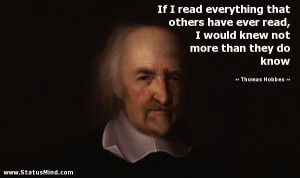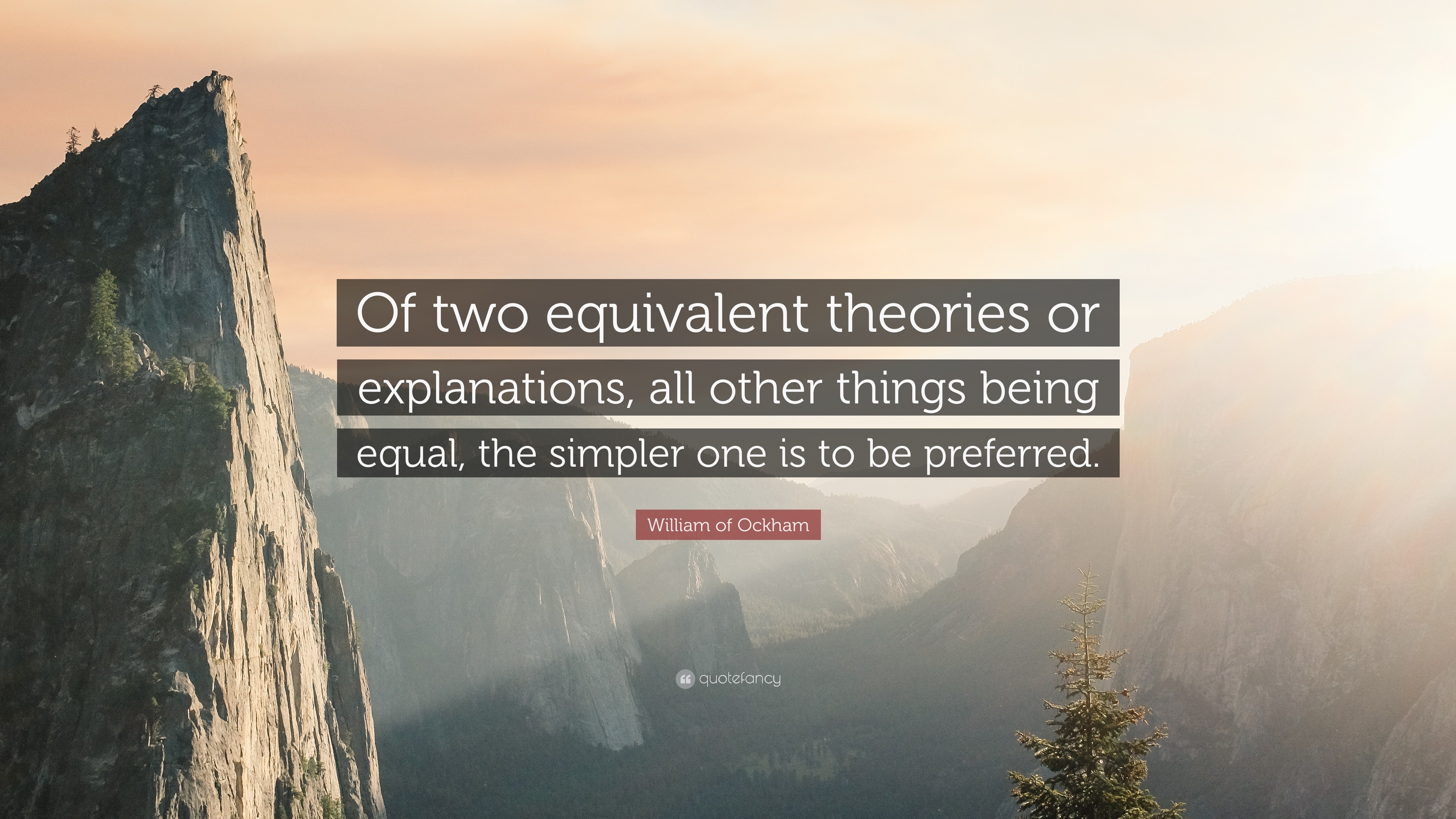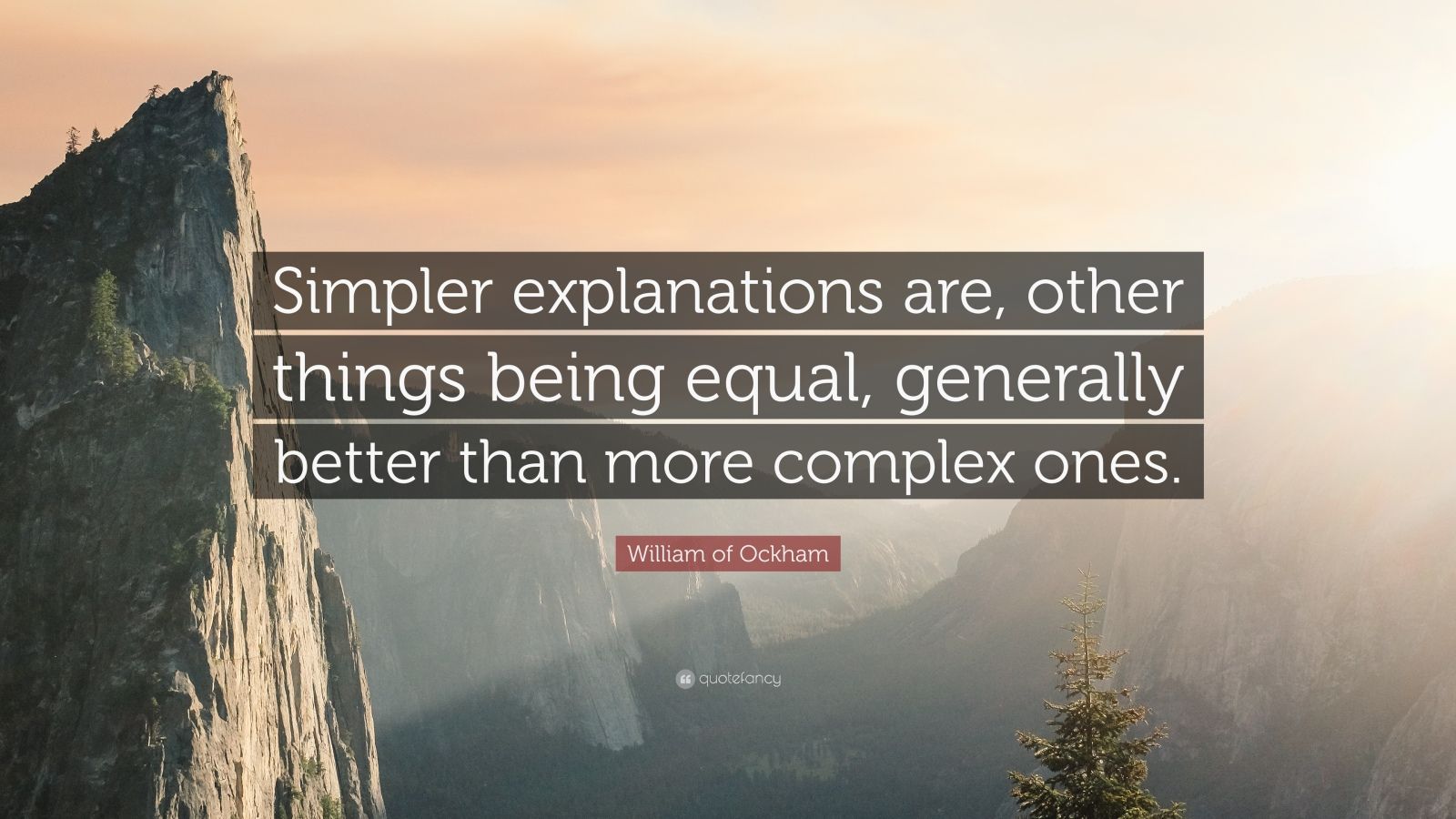

Thorburn also trawled through early modern works (mostly in Latin) that are incredibly obscure The entire works of Aquinas are now on the web ( here),

Certainly, Google so far bears his claim out. (I am not so sure what he means by this).

The Sentences of Peter Lombard (Bishop of Paris, +1164), and the Summulae Logicales of Petrus Hispanus.Īnd he adds with sufficient moral certainty, Abelard, Hales, Albert, Bonaventura, and Durand. He adds that the axiom does not occur in the two most popular textbooks of the Middle Ages, That the scholastics who used the expression non sunt multiplicanda entia sine necessitateĭo not include Ockham, Scotus, or Aquinas - I take him to mean that he has read through the entire output Thorburn claims that he can says with almost mathematical certainty The label 'Ockham's Razor' was first applied in 1852 by Sir William Hamilton. The maxim 'Entia non sunt &c' was first associated with Nominalism by Leibniz in 1670.ĥ. However, these maxims, though employed by Ockham, did not originate with him. ( Pluralitas non est ponenda sine necessitate).ģ. It does capture the spirit of genuinely medieval maxims of the form 'plurality is not to be supposed without necessity ( Entia non sunt multiplicanda praeter necessitatem is not medieval at all,īut was invented in 1639, substantially in its present wording, by the Scotist Commentator, John Ponce of Cork.Ģ. That the maxim 'Entities should not be multiplied without necessity' The principle that entities should not be multiplied beyond necessity, is a 'modern myth'.

William Thorburn gives convincing evidence that what is now called 'Ockham's Razor', Probability is the very guide of life.Here is a paper that deserves to be better known. Power is everywhere not because it embraces everything, but because it comes from everywhere. …Without philosophy thoughts are, as it were, cloudy and indistinct: its task is to make them clear and to give them sharp boundaries. Philosophy is not a body of doctrine but an activity. Many people would sooner die than think in fact, they do so. The good life is one inspired by love and guided by knowledge. The belief that all genuine education comes about through experience does not mean that all experiences are genuinely or equally educative. FRIEDRICH NIETZSCHE (1844 – 1900)Įxperiment is the sole source of truth. There are now-a-days professors of philosophy but not philosophers. The sole end for which mankind are warranted, individually or collectively, in interfering with the liberty of action of any of their number, is self-protection. The need to raise itself above humanity is humanity’s main characteristic. GEORG WILHELM FRIEDRICH HEGEL (1770 – 1831) What experience and history teach is this-that nations and governments have never learned anything from history, or acted upon any lessons they might have drawn from it. The greatest happiness of the greatest number is the foundation of morals and legislation. Out of the crooked timber of humanity no straight thing can ever be made. JEAN-JACQUES ROUSSEAU (1712 - 1778)ĭoes anyone really know where they’re going to? - DENIS DIDEROT (1713 – 1784)
William of ockham quotes free#
Man is born free and everywhere he is in chains. Man’s greatness comes from knowing he is wretched: a tree does not know it is wretched. The gems of philosophy are not less precious because they are not understood. It is vain to do with more what can be done with less. The words of that philosopher who offers no therapy for human suffering are empty and vain. Ordinary people seem not to realize that those who really apply themselves in the proper way to philosophy are directly and of their own accord preparing themselves for dying and death. Talk sense to a fool and he calls you foolish. 625 - 545 BC)ĭo not do to others what you do not wish upon yourself.


 0 kommentar(er)
0 kommentar(er)
